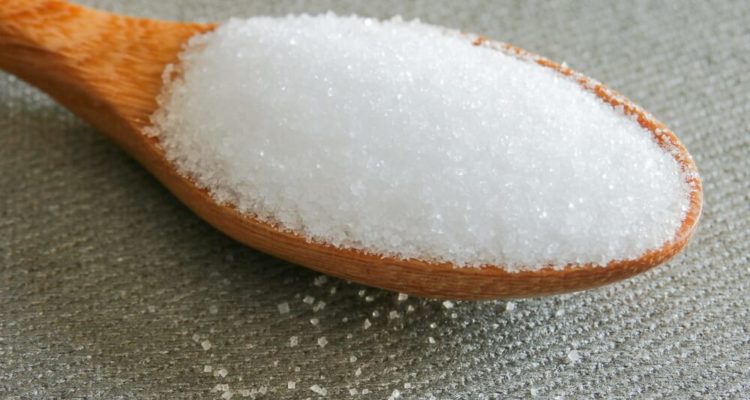
Salt – good or bad: how a popular product affects the heart
0 < p>Table salt is a taste enhancer – it is added to almost all dishes. Scientists decided to find out how this product affects the heart.
Table salt, which we usually use to season food, contains sodium. Sodium, if taken frequently and in large amounts, can lead to a number of cardiovascular problems, including hypertension.
The World Health Organization (WHO) states that a person should not consume more than two grams of sodium per day, which is about five grams of salt.
The American Heart Association (AHA) recommends no more than 2.5 grams of sodium per day, although its experts say that the ideal intake is no more 1.5 grams per day for an adult.
Scientist Andrew Mente and his colleagues conducted a study among 94,000 people aged 35-70 with the aim of establishing how much sodium is really too much for heart health.
Experts have found that high sodium intake actually leads to an increased risk of heart disease and stroke. However, only in those groups where the average consumption for an adult person exceeds five grams per day – this is about 2.5 teaspoons of table salt, the researchers explain.









Leave a Reply